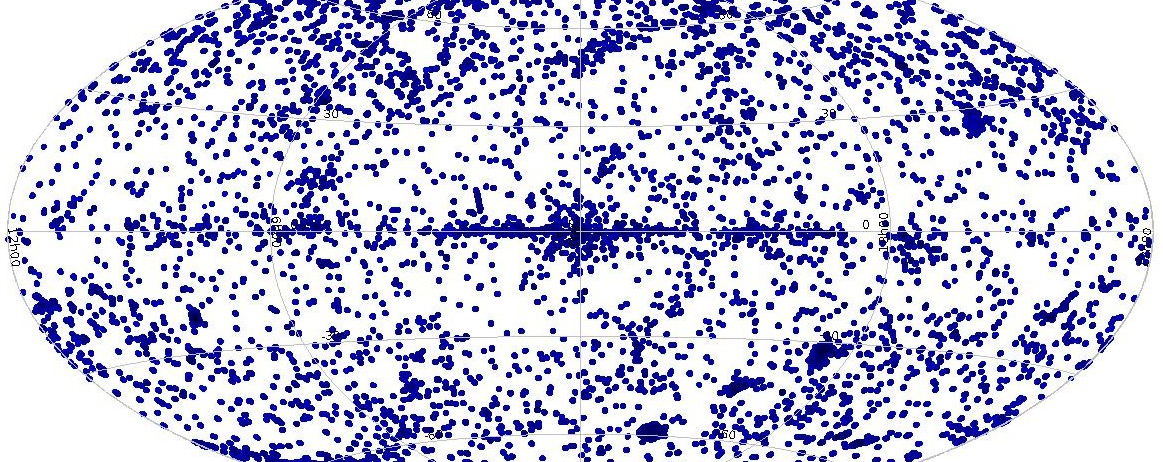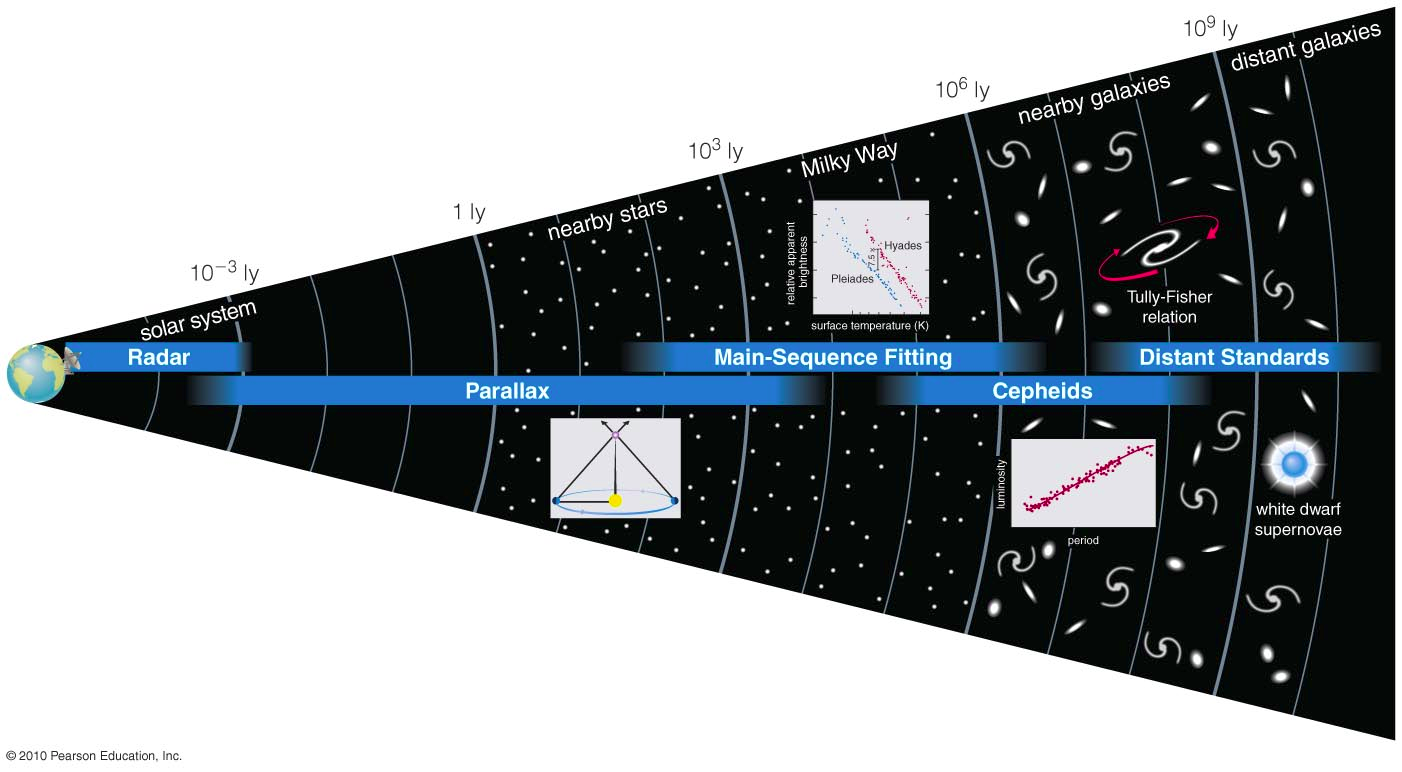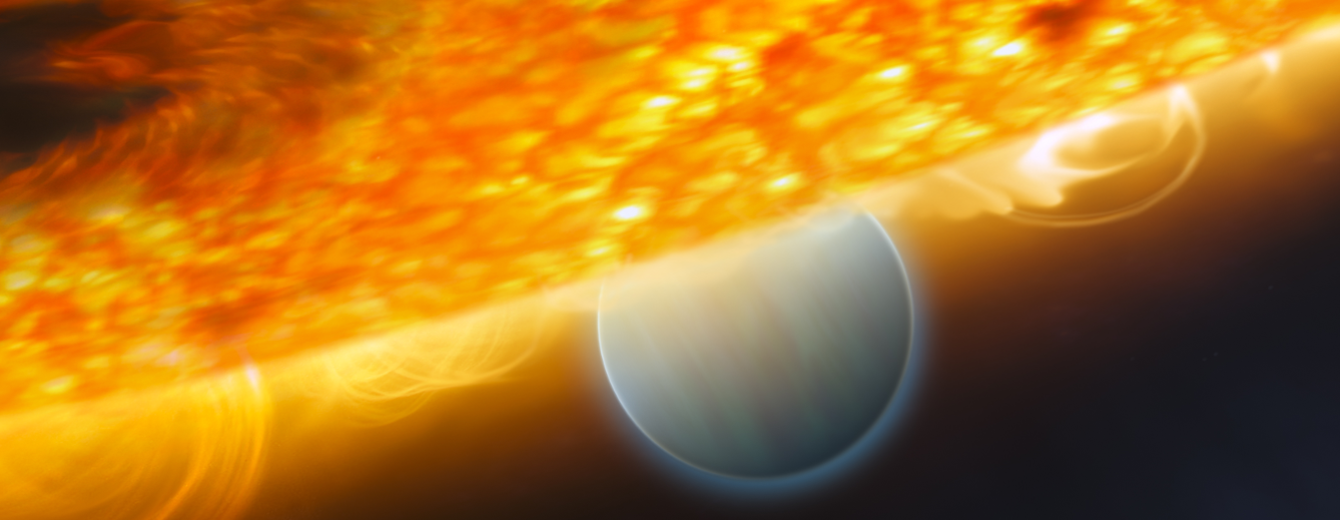Searching for new and rare objects in the Universe
le 27 septembre 2024, 10h45 à 12h45, Natalie Webb, salle Jules Verne, OMP, site Belin
Resumé: Thanks to large surveys such as Gaia, the Sloan Digital Sky Survey (SDSS), GALEX, 2MASS, NVSS, FIRST, XMM-Newton and Chandra, we have catalogued many different stars and galaxies. We have also found some very exotic objects, especially when we observe at high energies, where we detect matter at very high temperatures around black holes, neutron stars and white dwarfs, supernova explosions and gamma-ray bursts, black holes destroying stars, as well as clusters of galaxies which are the largest gravitationally bound structures in the Universe. During this seminar I will present the European Space Agencies X-ray satellite XMM-Newton and its X-ray catalogue, 3XMM. I will also discuss some of the exotic objects that we have found in the catalogue of almost a million detections, such as intermediate mass black holes, tidal disruption events, ultra-luminous X-ray sources, and pulsars, as well as how we can go about finding new, rare objects. I will present new and recent surveys that push our data sets into the « big data » domain and I will discuss how we can deal with this enormous influx of data and how machine learning techniques can help.






